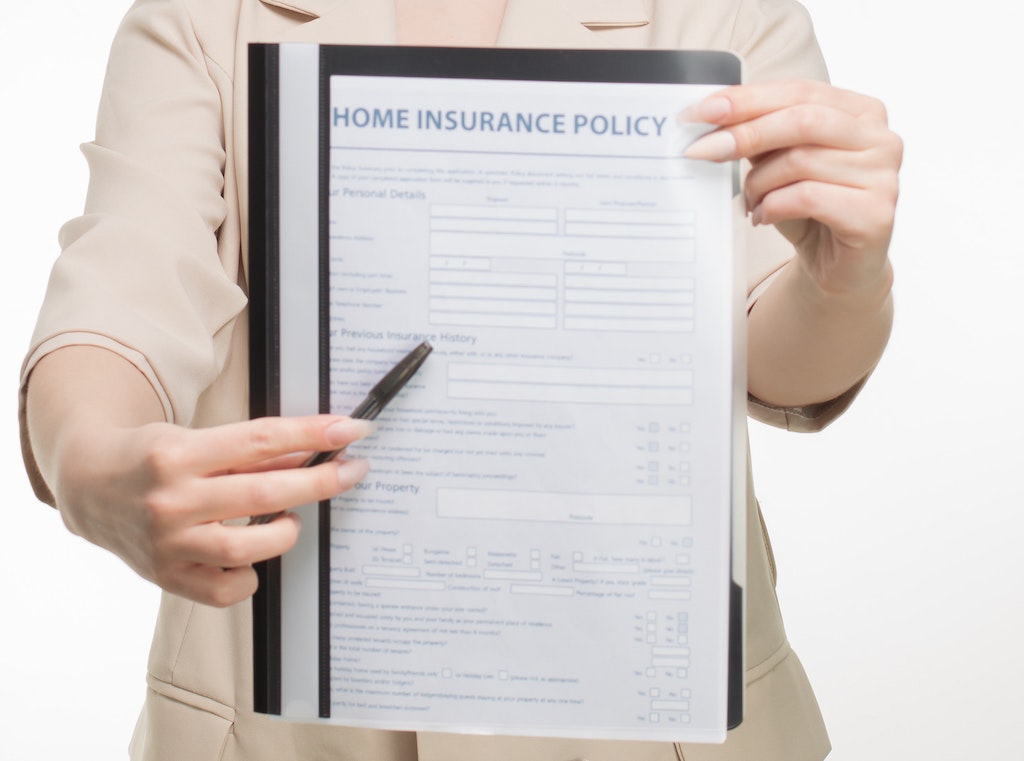Home insurance plays a crucial role in safeguarding your home from unexpected perils. Understanding the nuances of your home insurance policy, including home insurance endorsements and home insurance exclusions, can provide the insights you need to ensure adequate coverage. This comprehensive guide explores the intricacies of endorsements and exclusions in home insurance, aiding you in making informed decisions to protect your property.
Home insurance endorsements
Endorsements are optional, policy add-ons that expand or limit the coverage of your home insurance policy. They allow policyholders to customize their insurance to suit individual needs, ensuring robust protection against specific perils.
Definition and purpose of home insurance endorsements
A home insurance endorsement is an alteration to the existing insurance policy that adjusts your coverage. Referred to as ‘riders’ or ‘floaters’ in insurance parlance, endorsements provide an avenue to add, delete, or alter coverage in your standard policy.
Endorsements can extend protection to valuable items that might exceed your standard policy’s personal property coverage limit or cover specific perils not initially included in your policy. In essence, endorsements cater to individual needs beyond a typical home insurance policy’s scope, ensuring your assets are well-protected.
Common types of home insurance endorsements
Insurance companies offer a broad array of endorsements to cater to the diverse needs of policyholders. Some commonly sought endorsements include:
- Scheduled Personal Property: This endorsement expands coverage for high-value items such as jewelry, fine art, antiques, and high-end electronics. Standard policies often have a cap on personal property coverage, which might not fully cover such expensive items. By scheduling these items, you assure that their full value is covered in case of loss or damage.
- Water Backup and Sump Pump Overflow: Standard home insurance policies typically do not cover water damage due to backed-up sewers or drains or sump pump failures. However, you can add this endorsement to protect your home from such potentially costly damage.
- Personal Injury: In our increasingly connected world, the risk of personal injury lawsuits, such as those for libel, slander, or invasion of privacy, has grown. An endorsement for personal injury extends your liability coverage to include such legal issues, protecting you from potential financial burdens.
Benefits and considerations of endorsements
Endorsements are a powerful tool that allows for policy customization, providing the flexibility to adapt to changes in your life situation or asset portfolio. They offer the benefit of additional coverage, ensuring you’re well-protected against specific perils.
However, the more coverage means a higher premium. Each endorsement you add increases your insurance cost. As a homeowner, you must balance the cost of the endorsement against the potential risk. Assess the likelihood of a specific peril and the potential financial impact. Is the added cost of an endorsement justified given the risk involved? Such considerations should guide your endorsement decisions.
How to add or remove endorsements from your policy
Your insurance needs may evolve over time, necessitating changes in your policy. Adding or removing endorsements can accommodate these changes. To modify your endorsements, reach out to your insurance provider. They can walk you through the process, explaining the implications on your coverage and premium. It’s also wise to review your policy and endorsements periodically to ensure they continue to meet your current needs.
Understanding home insurance endorsements is key to tailoring your insurance coverage to fit your unique needs and circumstances. A well-thought-out combination of standard home insurance coverage and specific endorsements can provide comprehensive protection for your home and valuable possessions.
Home insurance exclusions
Understanding the fine print of your home insurance policy is as critical as knowing the primary coverage. Exclusions, or situations and perils that your policy doesn’t cover, are one such critical aspect. They define the limitations of your coverage, helping you understand what you’re protected against and, importantly, what you’re not.
Definition and significance of exclusions
Exclusions are essentially the risks that an insurer is not willing to cover under a standard home insurance policy. They typically represent high-risk or uncontrollable events, which could be financially detrimental for the insurer if covered. Understanding these exclusions is pivotal to ensuring your home is adequately insured. Awareness of the exclusions helps you identify potential coverage gaps, allowing you to seek additional protection, if required.
Common exclusions found in home insurance policies
While the exclusions can vary significantly among different insurers and policies, certain exclusions are quite common:
- Earthquakes and Floods: Standard home insurance policies typically do not cover natural disasters like earthquakes and floods. Despite these events causing substantial property damage, they are usually excluded due to the enormous potential claim costs. Homeowners in areas prone to these disasters often need to purchase separate, specialized insurance policies to ensure coverage.
- Neglect and Lack of Maintenance: Regular home maintenance falls under the homeowner’s responsibility. Therefore, any damage resulting from neglect or failure to maintain the property is usually excluded from home insurance coverage. For instance, if your roof leaks due to neglect, the ensuing water damage will not be covered.
- Acts of War and Terrorism: Due to their catastrophic nature and the enormous losses they can inflict, acts of war, insurrection, and terrorism are typically excluded from standard home insurance policies. Specialized policies or endorsements may be required for coverage against these events.
Understanding the impact of exclusions on coverage
Exclusions can create significant gaps in your coverage, leaving you exposed to potentially significant financial losses. For instance, if you live in a flood-prone area but your policy excludes flood damage, you could face substantial out-of-pocket costs to repair your home following a flood. Therefore, understand these gaps and seek additional coverage to ensure comprehensive protection for your home.
Supplementary coverage options for excluded perils
If you find your home insurance policy excludes certain perils that pose a significant risk to your property, several avenues exist to procure additional coverage:
- You can purchase separate, specialized insurance policies to cover specific perils like floods or earthquakes.
- Consider adding endorsements to your existing policy that cover the excluded perils.
Home insurance exclusions significantly affect your policy’s coverage, shaping the boundaries of your protection. Remember, the aim of home insurance is to provide peace of mind, and understanding the ins and outs of your policy, including exclusions, is key to achieving that.
Evaluating your home insurance policy
To secure optimal coverage, it’s crucial to regularly evaluate your policy, paying close attention to home insurance endorsements and exclusions.
Reviewing endorsements and exclusions in your policy documents
Scrutinize your policy documents to identify your coverage scope and any exclusions. Make a list of all endorsements and check whether they still align with your current needs.
Assessing your specific coverage needs
Evaluate your property, possessions, and risk factors to determine your unique coverage requirements. Factors like home renovations or purchasing valuable items may necessitate policy adjustments.
Consulting with an insurance professional
An insurance professional can provide expert advice on coverage options, helping you navigate the complexities of endorsements and exclusions.
Making informed decisions for optimal coverage
Armed with knowledge about your policy’s ins and outs and your unique needs, you can make informed decisions, adjusting coverage to ensure your home is adequately protected.
Understanding home insurance endorsements and exclusions is crucial in guaranteeing comprehensive coverage. By reviewing these aspects regularly and consulting with insurance professionals, you can proactively protect your home from a broad spectrum of risks. Stay informed, stay covered, and enjoy the peace of mind of knowing your home is secure.




